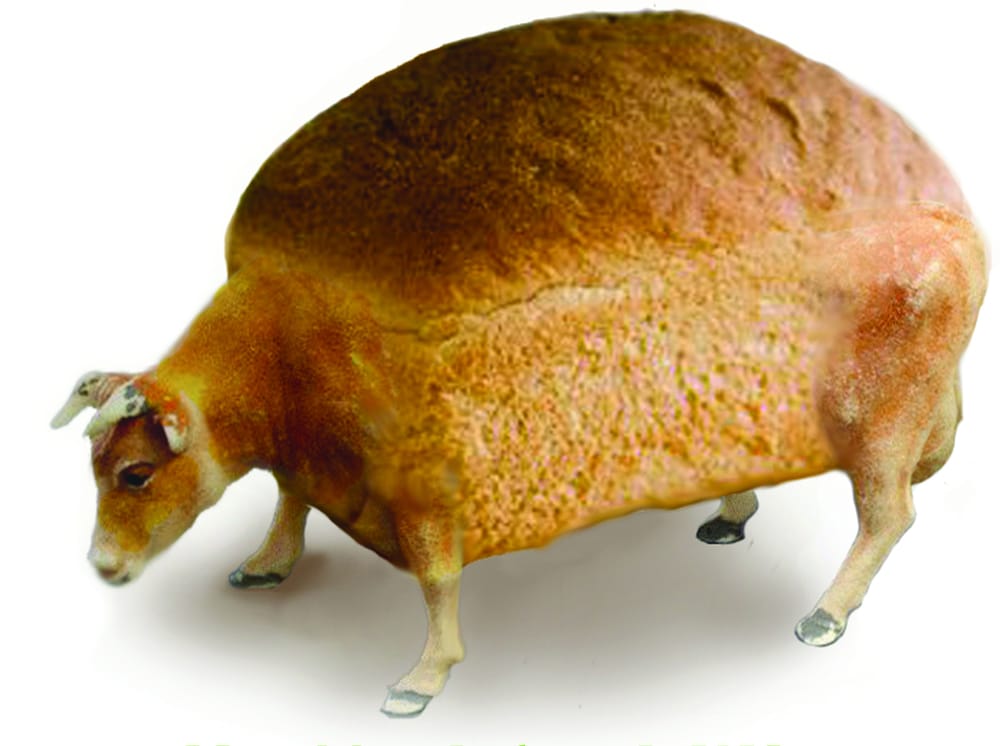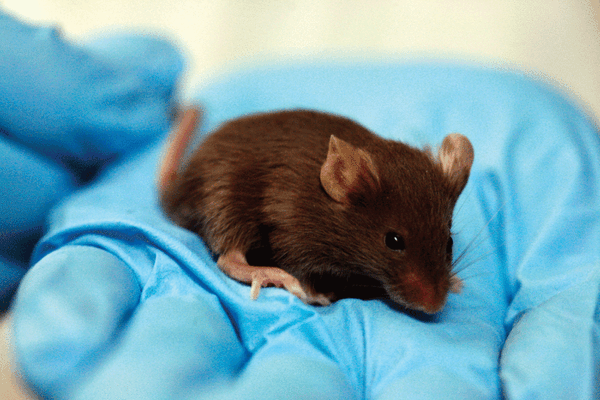GM debate: dialogue or déjà vu?
Juan Casasbuenas discusses the latest flare-up in the now age-old debate

In March this year the British Science Association released a survey that indicated, at least to some degree, that the British public is slightly less concerned about the prospect of embracing genetically modified food. This comes in stark contrast to the hostility exhibited towards the technology a decade ago, when it was rejected in an outright fashion in the nationwide surveys dubbed GM Nation. This essentially halted the push for GM crops by Tony Blair’s government and put research in this area on the backburner. But GM has now found its way back onto the radar; more flexible EU legislation regarding the technology combined with the survey results means that perhaps the public is once again in the mood for a conversation about the technology. All the interest groups, from anti-GM campaigners to researchers have been airing their arguments and framing the debate in a very public fashion over the past few weeks. When interest groups frame a debate as part of their strategy to appeal to the public, they simplify the issues, lending more weight to certain aspects over others. So how is the GM debate being framed by the two main two opposing groups?
Anti-GM campaigners
At the top of the GM-debate headlineshas been the mass action ‘Take The Flour Back’. Anti-GM campaigners behind this appeal are planning on uprooting a field of genetically modified wheat at Rothamsted Research on 27 May. The group has summed up their arguments in an open letter by appealing to ideas of ‘Frankenstein foods’ and suggesting that scientists are opening up a Pandora’s box by using GM; they say that the GM wheat being trialled at Rothamsted has artificial genes ‘most similar to a cow’ and that the repercussions of this are unknown and could be potentially disastrous. They are also drawing on economics by pointing out the constrained market for GM wheat across the world and saying that tax-payers will receive very little benefit from the research they are paying for.
Rothamsted Research
Scientists at Rothamsted Research replied to the group of activists with an open letter and an online video plea of their own, trying to convince the anti-GM protestors to not trash the field. The tone of the researchers’ message invited anti-GM campaigners to come and have a conversation on the 27th of May so that the two groups might find a ‘middle way’. They also appealed to the campaigners by suggesting that their actions would undermine ‘social progress’; trampling the fields would destroy not only GM crops but other research which is fundamental to environmental work. Whilst there was an element of trying to discuss some of the actual science, the researchers tended to steer clear of this approach, presumably because it may not appeal to the hearts and minds of protesters or the public
It seems that the disagreement between campaigners and scientists continues to be as polarised as ever, with each framing their arguments in slightly different ways. Perhaps the biggest change in the debate is that the researchers at Rothamsted are embracing the challenge of dialogue. It puts the campaigners in a difficult spot and it will be interesting to see if they accept the researchers’ invitation.








